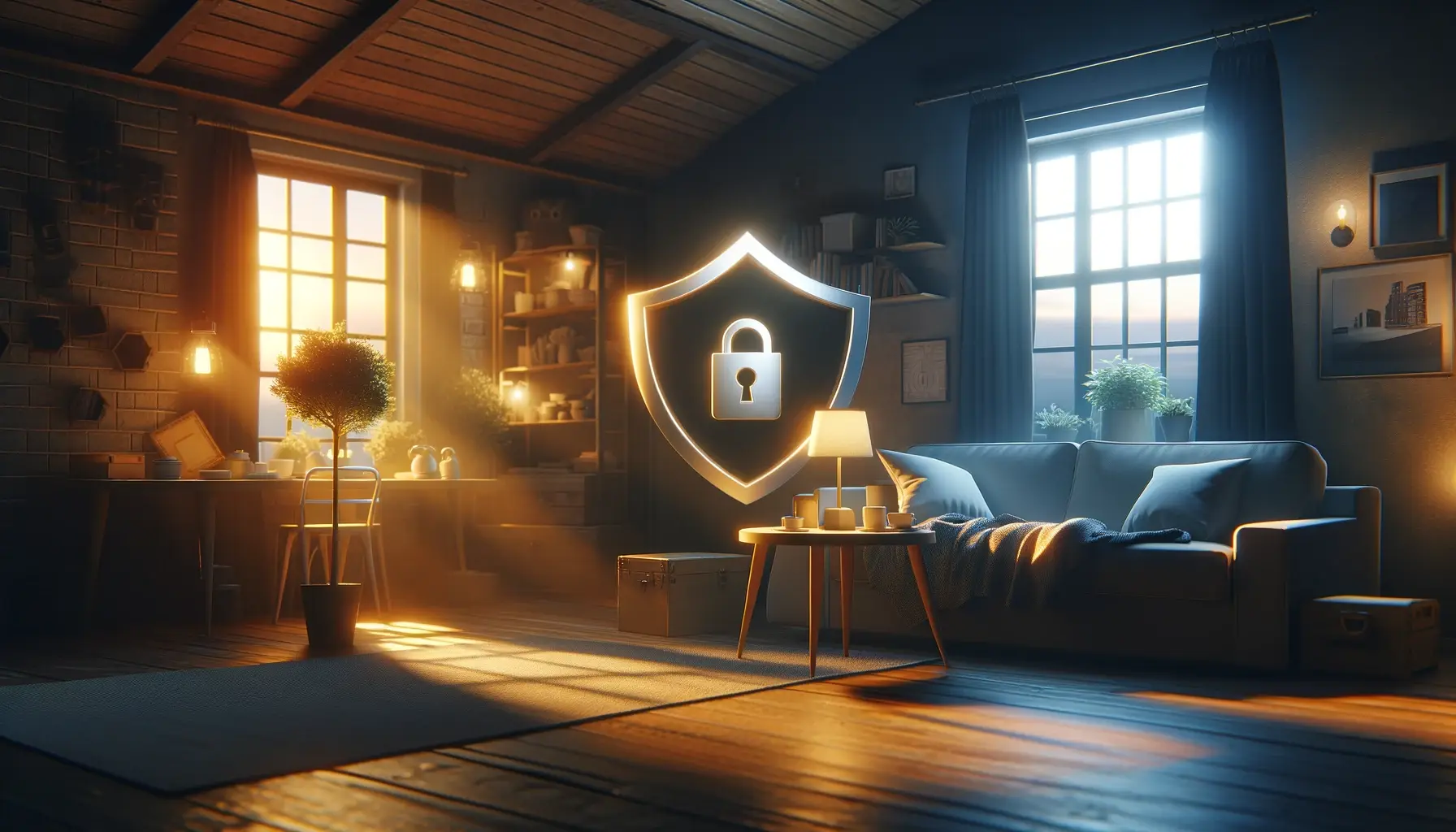Tue Mar 19 2024
The Psychology Behind Security: How Safe Homes Influence Mental Well-being

In today’s fast-paced world, our homes are not just physical dwellings but sanctuaries where we seek refuge and comfort. The level of security within our homes can profoundly affect our mental health and overall well-being. This blog delves into the psychological nuances of how feeling secure in our personal spaces can lead to a healthier, happier life.
Security as a Foundation of Mental Well-being
Maslow’s hierarchy of needs places safety and security as fundamental to achieving higher-level psychological and self-fulfillment needs. A secure home does more than protect us from physical harm; it creates an environment where we can pursue personal growth, intimacy, and achievements without the constant stress or fear of external threats.
The Impact of Insecurity on Mental Health
Living in a state of perceived vulnerability can trigger a host of psychological issues, including anxiety, stress, and sleep disturbances. Chronic exposure to such conditions can lead to more severe mental health problems, such as depression and PTSD. On the flip side, a home environment that feels safe and protected allows our minds to relax and rejuvenate, reducing the risk of these conditions.
The Role of Smart Security Systems
Modern technology has brought us smart security systems that offer unparalleled peace of mind. Features like real-time alerts, remote monitoring, and automated emergency responses not only enhance physical safety but also contribute significantly to our psychological comfort. Knowing that your home is safeguarded by a reliable security system can ease the subconscious stress of potential break-ins or accidents, allowing for a calmer, more focused mind.
Creating a Safe Haven
The process of making a home feel secure extends beyond installing security systems. It involves creating an environment that supports mental well-being through design, personal rituals, and routines that foster a sense of safety and belonging. Practices like regular check-ins, emergency planning, and even the simple act of locking doors at night can reinforce the feeling of a safe haven.
Towards a Healthier Future
As we become more aware of the intricate link between physical security and mental health, the importance of investing in comprehensive home security solutions becomes evident. Beyond deterring crime, the ultimate value of a secure home lies in its ability to provide a foundation for mental and emotional well-being.